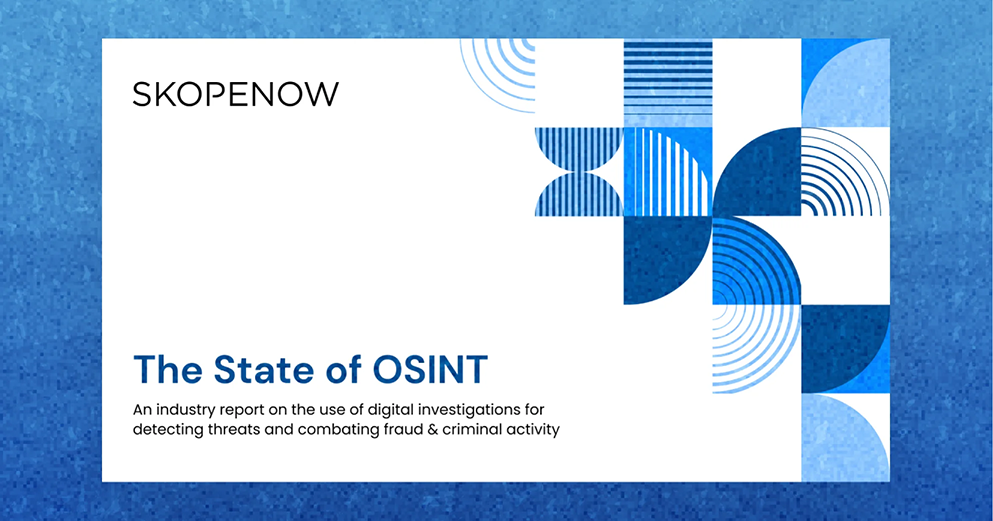November 14, 2016
Don't Delete Your Posts!
Steve Adams
When it comes to social media evidence, ensure you follow the rules.
In today’s digital world, technology has allowed for evidence to be made more easily available. Law enforcement and lawyers are able to collect data from social media that can then be used as evidence in a court of law. However, unlike ordinary evidence, you can access social media from anywhere that you have access to the internet, and you can delete it with the click of a button. However, this calls for new rules regarding evidence. Deleting posts or accounts could be considered tampering with evidence. Check out what you need to know about the consequences of trying to hide social media evidence.
Deleting a Post Raises Suspicion.
Tampering with evidence is a no-no. However, since social media is a bit of a gray area, there can be some confusion as to whether or not there are grounds to use evidence from social media. Digital evidence can and will be used in a court of law. Attempting to delete or remove any posts only raises suspicion which can then get you into trouble.
Deactivation vs. Deletion.
When using social media, there’s a distinction between deleting your account and deactivating your account. When you deactivate an account, your account is typically temporarily disabled and can be recovered. When you delete your account, it’s gone forever. Keep in mind that both types of action can result in negative outcomes in court.
Fact Check.
Social media used as evidence helps to verify facts in a case. Deleting or hiding information can only be used against you. Ensure that all the information adds up so that you’re not left with a social media scandal.
When it comes to using social media, be smart about it. Use social media evidence wisely, and use a people search engine to prove your point. Contact the professionals at Skopenow to help you get the digital information that you need.


